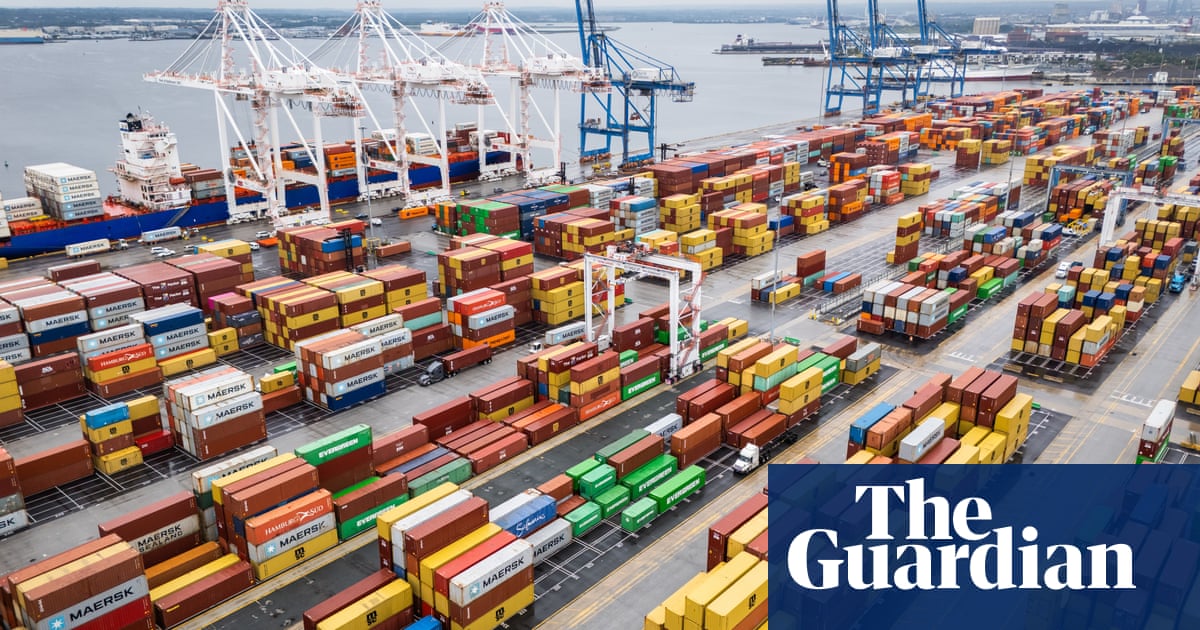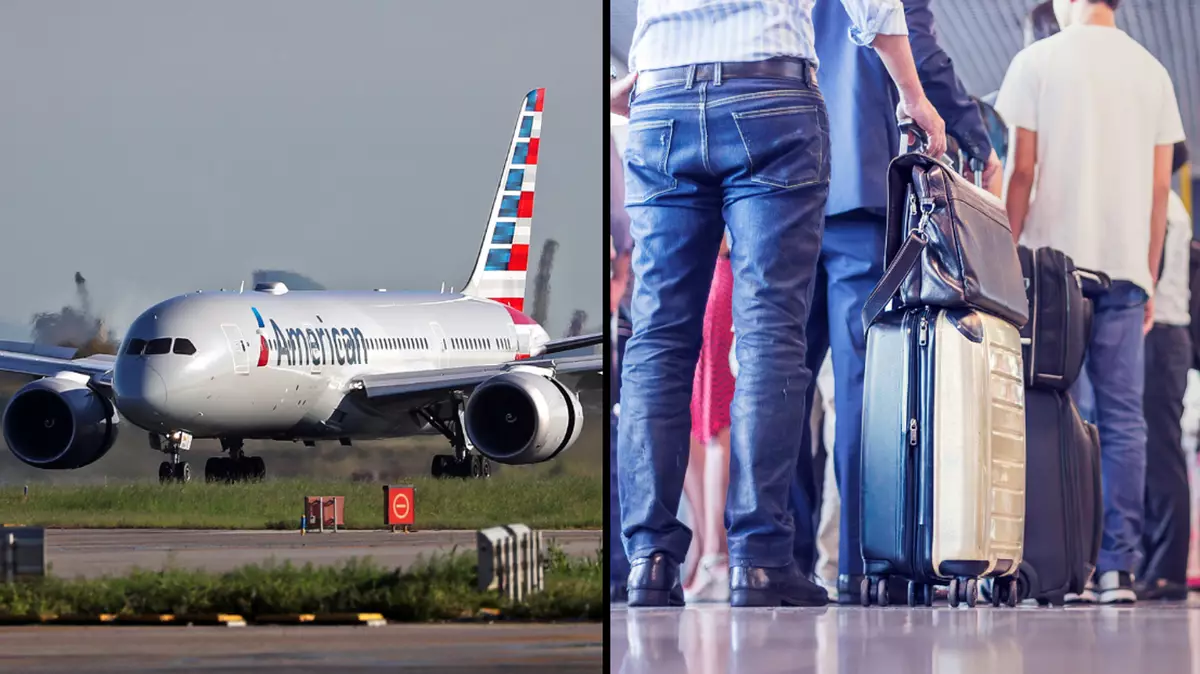Biden urges port operators to increase wages after 45,000 workers go on strike

Joe Biden has urged port operators to give workers a “meaningful increase” in pay after tens of thousands went on strike, prompting some of the busiest ports in the US to brace for crippling disruption.
About 45,000 port workers represented by the International Longshoremen’s Association (ILA) began walking off the job after their contracts expired at midnight, with 36 ports along the east and Gulf coasts affected. They typically handle about half of the nation’s ocean shipping.
Talks over a new contract between the ILA and the United States Maritime Alliance (USMX) have broken down, and the union dismissed a last-ditch offer from operators hours before the strike was due to began.
Hours after the strike began, the White House issued a robust statement calling on USMX to negotiate a “fair” contract that reflects “the substantial contribution” of ports workers to America’s economy.
“Now is not the time for ocean carriers to refuse to negotiate a fair wage for these essential workers while raking in record profits,” the US president said. “My administration will be monitoring for any price-gouging activity that benefits foreign ocean carriers, including those on the USMX board.”
The strike – the first by port workers on the US east coast since 1977 – threatens to shut down ports from Maine to Texas, mangling supply chains and straining the US economy.
As workers joined picket lines at ports including Philadelphia, Houston and Virginia in the early hours, economists have warned that failure to end the strike swiftly could lead to shortages and higher prices.
Ocean carriers have enjoyed “record profits” since the pandemic, Biden added, “and in some cases profits grew in excess of 800% compared to their profits prior to the pandemic. Executive compensation has grown in line with those profits and profits have been returned to shareholders at record rates.
“It’s only fair that workers, who put themselves at risk during the pandemic to keep ports open, see a meaningful increase in their wages as well.”
Negotiators on both sides of the table have accused the other of refusing to bargain. The ILA has argued that USMX, which represents 40 ocean terminals and port operators, has “low-balled” offers on wage raises for workers and accused it of violating the previous contract by introducing automation at several US ports.
It is estimated the strike will cost the economy as much as $5bn a day. The union has said it will still handle military cargo, and that passenger cruise ships will be unaffected.
In a statement issued after Biden’s intervention on Tuesday, port operators said they were “proud” of the pay and benefits offered to their employees.
“We have demonstrated a commitment to doing our part to end the completely avoidable ILA strike,” USMX said, arguing that its latest proposed wage increase “exceeds every other recent union settlement” and addresses inflation. “We look forward to hearing from the Union about how we can return to the table and actually bargain, which is the only way to reach a resolution.”
after newsletter promotion
In Philadelphia, the local ILA president, Boise Butler, said the union would strike for as long as it needed to get a fair deal, and claimed that it had leverage over the companies. “This is not something that you start and you stop,” he told Associated Press. “We’re not weak,” he added, pointing to the union’s importance to the nation’s economy.
Shipping companies made billions of dollars during the pandemic by charging high prices, and “now we want them to pay back”, Butler added. “They’re going to pay back.”
USMX filed an unfair labor practice charge against the union with the National Labor Relations Board last Wednesday, alleging the union was refusing to negotiate. Before the strike on Monday, USMX said it and the union had exchanged new offers on wages. The union countered by claiming the charge was a “publicity stunt”.
Current wages under the contract that expired on Monday range from $20 an hour to the top wage of $39 an hour. The union is seeking raises of 77% over the six-year contract, to a top rate of $69 an hour by 2030.
The Transportation Trades Department (TTD) of the AFL-CIO, the largest federation of labor unions in the US, issued a statement before the strike in support of the union.
“Let us be clear: the employers, not the workers, have shirked their responsibility and punted labor negotiations to the 11th hour, when the damage to the public and the national supply chain would be most detrimental,” said Greg Regan and Shari Semelsberger, president and secretary-treasurer of TTD. “While USMX seeks to cast blame on the frontline workers who move our supply chain, they are at fault.”
Related
Ford Shares Declines As The American Giant Says It Will…
Ford is one of the most recognisable brands in the world of automobiles and the corporate world at large. | Glen Johnson An American Brand In Decline?
Photos from the first day of the American Sand Sculpture…
Marc Mangia, of Ohio, with a sand castle scultpture with the words "Paul loves Beth" in honor of a wedding planned for Friday night on Fort Mye
New Data: Outdoor Rec Generates $1.2 Trillion, Supports 5M American…
Outdoor Recreation Roundtable (ORR) announced new economic data released by the U.S. Department of Commerce’s Bureau of Econom
Cannabis Robots And The Search For Good Jobs: A Veteran’s…
At C4, in Chico, California, the benefits of automation go beyond efficiency—they also create opportunities for community development. In the quiet hum of a













